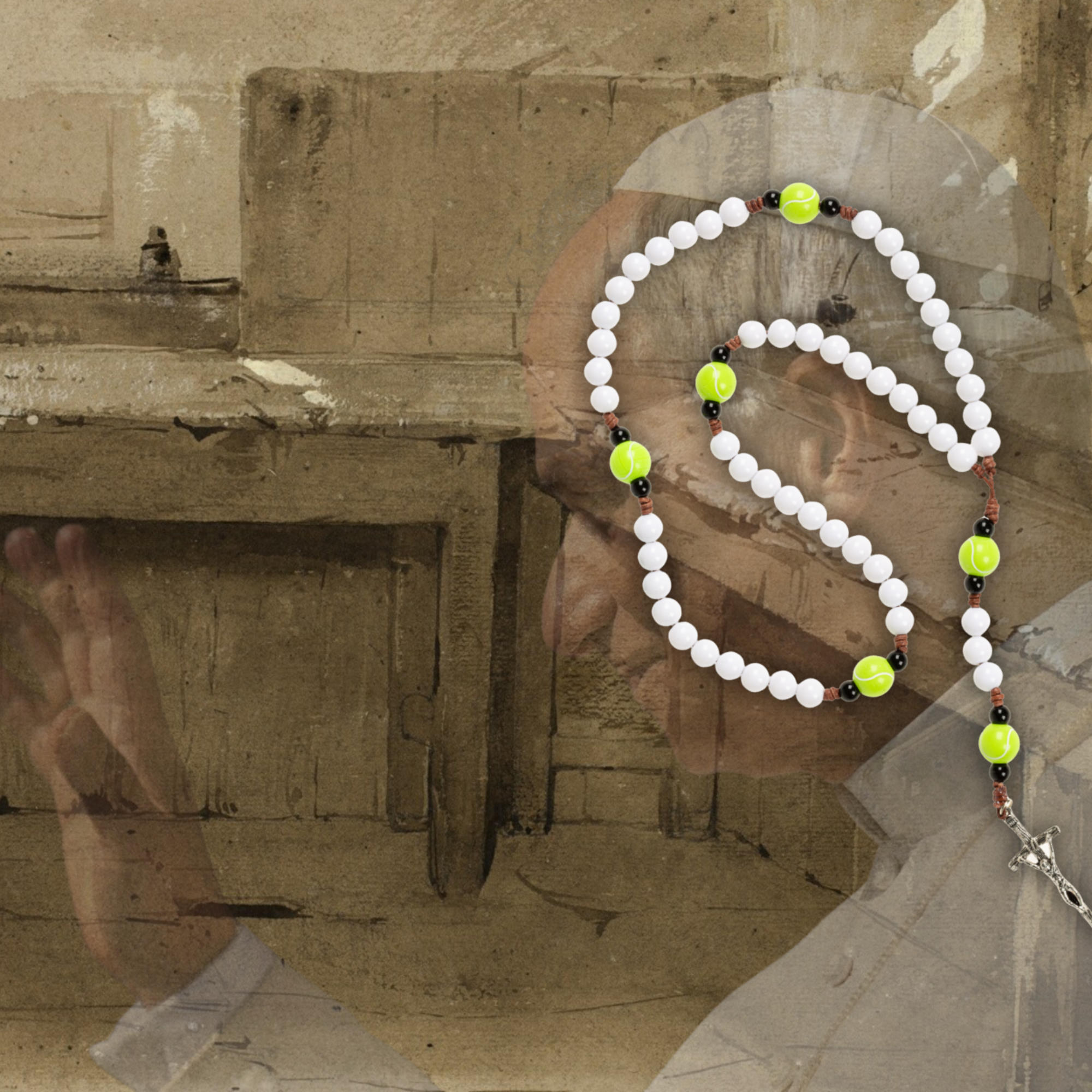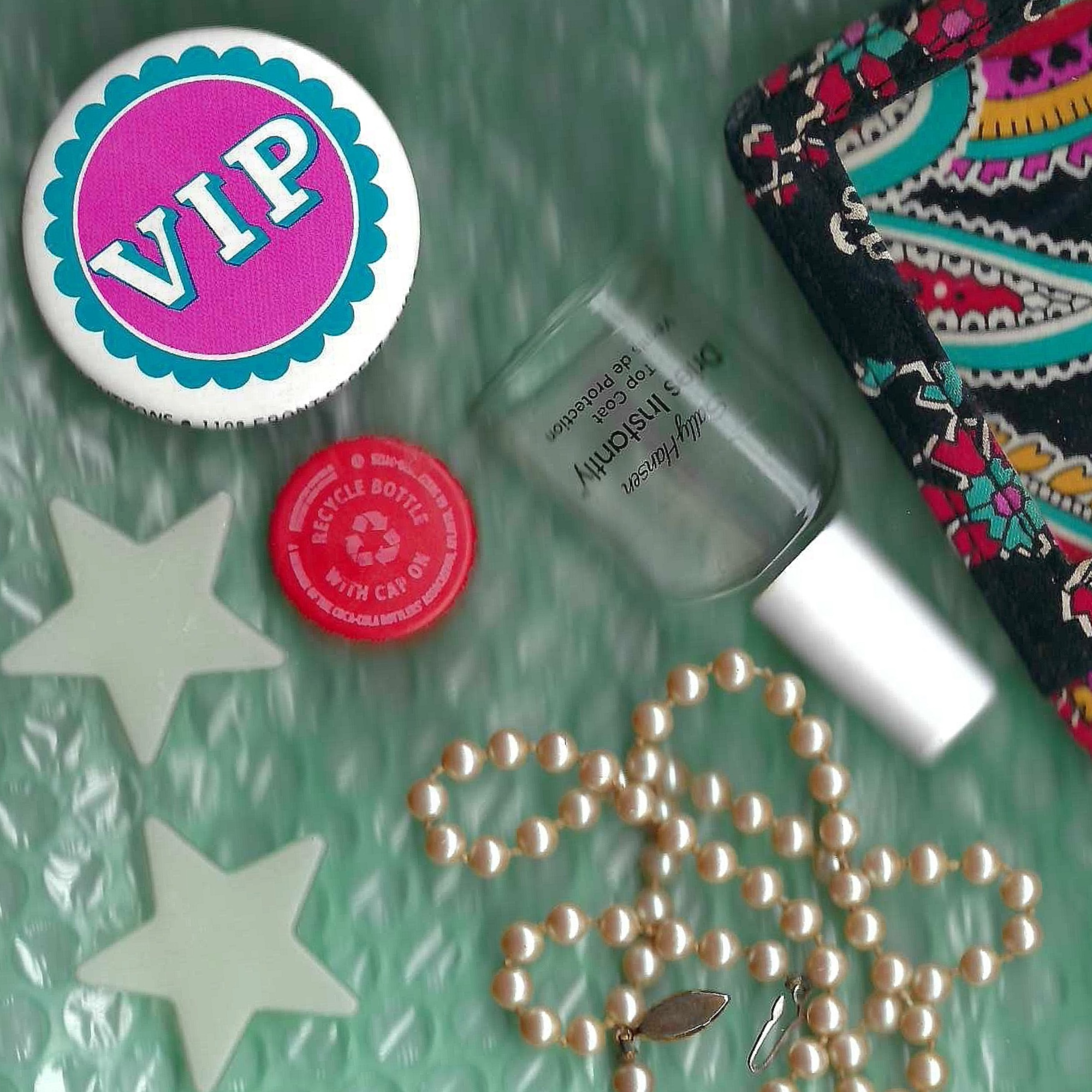- Magazine Dirt
- Posts
- Life and death at Balthazar
Life and death at Balthazar
The hostess with the least.

Artwork by Christine Shan Shan Hou
Amelia Granger on the 2006 event that still haunts her.
One night during dinner rush, I heard the phone ring below the host stand. Our landline phone didn’t ring often.
“Hello, Balthazar.” I said, plugging my other ear with my finger to drown out the dining room hubbub that ricocheted off our tile floor. Calls to the restaurant usually went to reservations. But occasionally reservations would call us to give us a heads up about a major VIP emergency, like Stevie Wonder coming with 11 people in five minutes.
There was a pause on the other end of the phone. Then a pained British voice replied: “It’s Balthazar. Not Balthazar’s.”
I knew instantly who was calling: it was Keith McNally, the owner. The grouchy impresario who made this room the vortex of fame and flash that it was, especially in those heady, early-2000s days.
I froze. How should I answer? I had said the restaurant’s name correctly, but some stray syllable of the cacophony swirling around me must have distorted my words, making me appear to have fucked up—even if, for once, I had not.
I had said the restaurant’s name correctly, but some stray syllable of the cacophony swirling around me must have distorted my words
“Um, I said ‘Balthazar’,” I answered, desperately hoping my tone conveyed reassurance, and not back talk.
“You need to be careful, yeah? It’s important.”
“Of course.” I said, chastened.
“Let me speak to the maître d’,” he said. I passed him off with relief to someone who was paid to think, unlike me, who was just an 18-year-old girl paid to help people sit down.
It was clear to me that I was just a detail of the scene Keith McNally had created, no more individual or important than any other. We were all parts that added up to a sleek and impressive whole: the ruby red leather of the banquettes, the buttery yellow of the walls, the cascade of a flower arrangement by the windows, the seafood towers with their crushed ice and crustaceans, and me. Though I didn’t feel beautiful compared to the other hostesses, I was young, thin and tall—meeting the requirements of the job, as far as I could tell.
Even now, more than 20 years later, and post-MeToo and everything else, I see McNally giving a quote to a magazine about how expensive it is to buy out Balthazar for a party. After listing off some impressive sums, he quipped: “For $200,000, you can go home with one of my servers.” We were ornaments: not quite human, ripe for humiliation.
We were all parts that added up to a sleek and impressive whole: the ruby red leather of the banquettes, the buttery yellow of the walls…
The fact that I found myself working at Balthazar at all was unlikely. When I got the job, I’d moved to New York City from Michigan just a few months before to go to The New School. My plans for my future were vague, but I steered myself towards the dream of living in the city and becoming a writer. It wasn’t that I imagined I would find some kind of literary scene, so much as I believed the city was the most fascinating subject, and I wanted to soak it all up.
During my first few weeks living in the New School dorms, I’d gotten myself a job stocking CDs at the Union Square Virgin Megastore. But then the older sister of a guy I played in a band with got me hired at Balthazar. I quit the Megastore mid-shift, ditching dusting jewel cases and watching people shoplift to start making $12 an hour, plus tips (bribes people gave us for tables). I was suddenly in a room, night after night, with people like Bono, Anna Wintour, Bruce Springsteen, and too many more A-listers and power players to remember. Not to mention the people I shudder to remember when their names pop up in the news: Diddy, Ghislaine Maxwell, Harvey Weinstein.
The glitziness of Balthazar left me feeling disoriented and lost, like I was just a pair of eyes floating over the busy dining room. The other hostesses were doing things like playing unreliable witnesses on Law & Order, or going on tour as an understudy for the hot new musical Wicked, or being the subject of obsessive and creepy affections from Moby. That was the kind of person who was meant to have this job: professional actresses, models, or heartbreakers.

OUR TENNIS READING LIST
|
|
|
|
|
|





